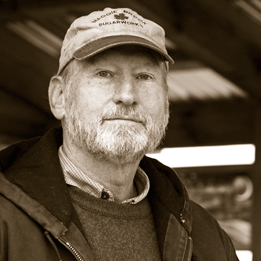Hi, everyone.
John here, just getting the prompt for June 30th out a couple of days early. My wife Rita and I are about to move out of our house of 36 years, and this morning feels like the last opportunity for clarity in the foreseeable future!
What a pleasure it was just now to read back over your previous weeks’ postings and responses. Your authentic, energetic voices flowed for me right into those moving and eloquent passages about food from Wendell Berry’s fiction. In his author’s note to this section he writes, “You can eat food by yourself. A meal, according to my understanding anyhow, is a communal event, bringing together family members, even strangers. At its most ordinary, it involves hospitality, giving, receiving, and gratitude. It pleases me that in these fictional passages food is placed in its circumstances of history, work, and companionship.”
As always, you should feel free to remake a prompt in a way more useful to you, or to write about something altogether different if you prefer. Having said that, here’s my suggestion for the week: please write about a particular time when you have experienced a meal as a communal, and deeply memorable, event. What made it so for you? Perhaps it was the act of cooking together; or the way in which the food on the table summed up the landscape, community, and season; or even the contrast between this one vivid meal and other less meaningful occasions. (I’m thinking in this last regard about those stacks of hamburgers that so inadequately replaced traditional country fare in Wendell Berry’s story “Misery,” on p. 212.) Another possible angle might relate specifically to this chapter of your lives as college students. On visits to your family have you been celebrated with special meals offering more than physical nourishment alone? Conversely, have you shared meals with people you’ve just gotten to know this summer or while traveling that have deepened your sense of relationship with them.
Whatever angle you take, bring in some of the details of dishes, tastes, setting, and social context that evoke what the meal you describe has meant to you.
I look forward to seeing you all again in the teleconference on August 1st.


